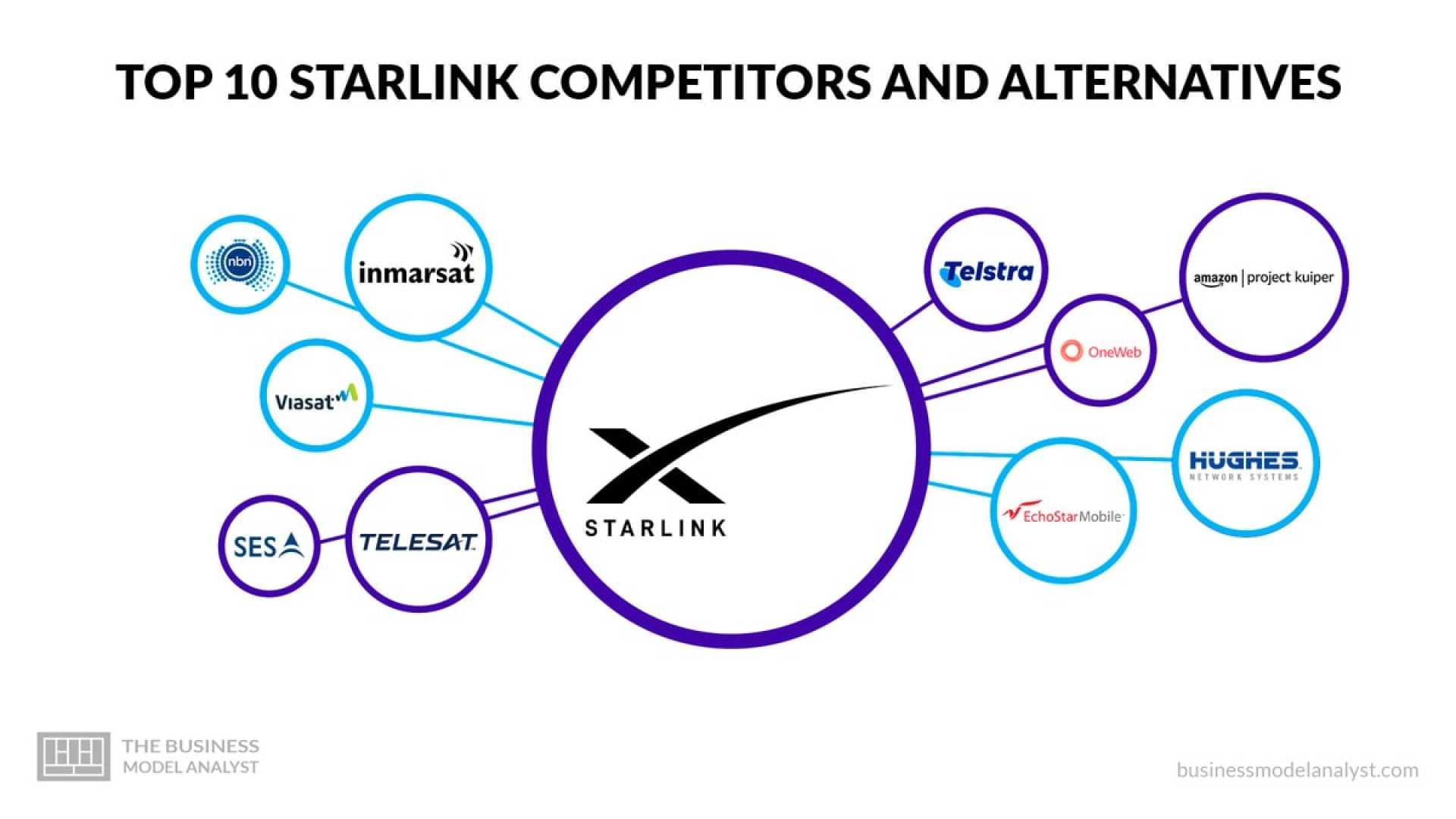Tech
Starlink Faces New Competition and Expansion Challenges

Elon Musk‘s SpaceX, through its Starlink service, has been a pioneer in providing internet access to hard-to-reach areas around the globe. However, the success of Starlink, which generated approximately $4.5 billion in revenue in 2024 and boasts over 4 million subscribers worldwide, has attracted significant competition from other major players.
Amazon and Geely Automobile are two prominent companies gearing up to compete with Starlink. Amazon’s Project Kuiper is a massive undertaking that involves launching thousands of low-Earth orbit (LEO) satellites to provide broadband internet. Despite its slow progress, Amazon’s financial muscle makes it a strong contender in this market. Geely Automobile, through its subsidiary Geespace, is also launching LEO satellites, with a current total of 30 in orbit and plans to launch 72 more by the end of 2025. Geespace’s primary objective is to connect Geely’s portfolio of automobiles for enhanced autonomous driving capabilities.
In addition to facing competition, Starlink is also expanding its services, particularly in Africa. However, this expansion has hit a temporary snag due to a surge in demand in urban areas. Starlink has halted new customer sign-ups in Africa to focus on increasing internet capacity in these dense urban areas. Despite this pause, Starlink retains significant capacity outside of city centers and continues to grow its presence across the continent, now serving 15 countries including Nigeria, Kenya, Botswana, and Ghana.
Starlink’s urban expansion in Africa highlights the service’s dual focus on addressing high-demand urban requirements while maintaining robust coverage in more remote areas. This strategy is crucial for supporting Africa’s broader digital transformation. However, Starlink’s rollout in Africa has not been without challenges, including resistance from local telecom companies and regulatory hurdles in countries like Cameroon and Nigeria.
On the technological front, Starlink continues to launch new satellites to enhance its service. SpaceX is set to launch 23 Starlink Group 6-77 satellites on November 6 from Cape Canaveral Space Force Station in Florida, further expanding the Starlink constellation. This launch underscores SpaceX’s ongoing commitment to improving and expanding its satellite internet service.












